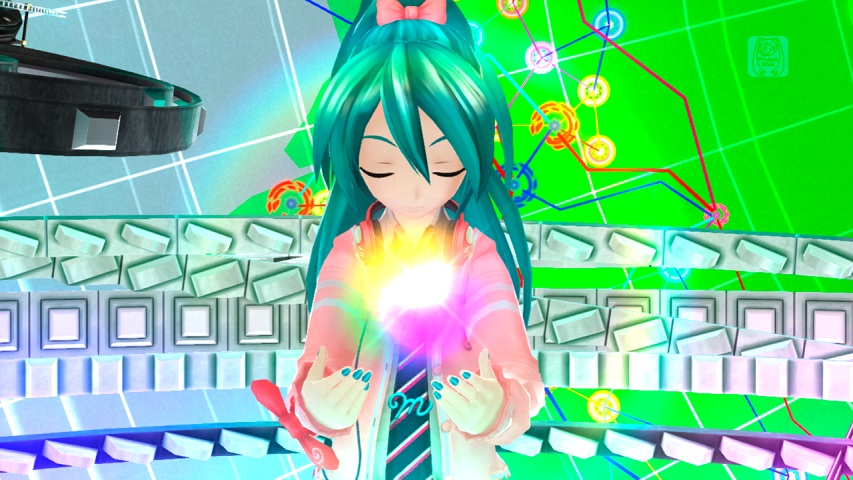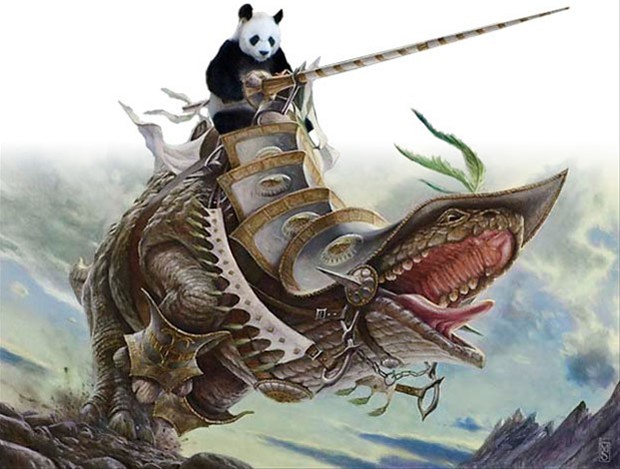|
      
掌握真理的先知
Glenn Seaborg
- UID
- 25672
- 主題
- 951
- 帖子
- 3288
- 精華
- 1
- DB
- 3972
- 魂
- 0
- 性別
- 男
- 櫻花
- 0
- 閱讀權限
- 70
- 註冊時間
- 2004-12-01
- 在線時間
- 0 小時
- 最後登錄
- 2013-11-27
- 帖子
- 3288
- 精華
- 1
- DB
- 3972
- 魂
- 0
- 註冊時間
- 2004-12-01
|
http://www.bbc.co.uk/news/technology-13012041
Virtual sales provide aid to poorer nations
Up to 100,000 people in China and Vietnam are playing online games to gather gold and other items for sale to Western players, a report suggests.
![]()
The global market for such virtual game goods is worth at least $3bn (£1.8bn) the World Bank study estimates.
About 75% of that comes from so-called "gold farmers" who stockpile game currencies to sell on later.
Encouraging these in-game services could aid development in many poorer countries, said the report.
Virtual farms
Popular online games such as Lineage and World of Warcraft revolve around the gear that players gather to outfit their characters. Better equipment makes characters more powerful.
Some of that equipment can be found on monsters, as well as being bought from other players who have found or made it.
Increasingly, the report said, Western players who have limited time for gaming are buying game cash, gear and high level characters from people in China and Vietnam that are paid to play as a job.
About a quarter of all players of massively mutiplayer online games spend real money on virtual items, suggests the report. Some pay significant sums, with one player splashing out almost 5,700 euros (£5,000) on a single account.
This has led to some of the biggest suppliers becoming substantial businesses, it said, despite the efforts of many game studios to snuff out a trade that they believe undermines the game.
The largest eight Chinese suppliers of game gold have an annual turnover of about $10m (£6.1m) each. A further 50-60 firms have annual revenues of about $1m (£600,000).
Billion dollar business
The most up to date figures for global virtual sales suggests that the market was worth $3bn in 2009.
About 30% of the virtual currency being traded is "hand made" by human players, said the report; a further 50% comes from "bot farms" that automatically play the game and 20% is stolen from hacked accounts.
Coffee beans, Reuters More cash from game sales returns to producers than from cash crops such as coffee
The supply chain getting the virtual goods to players was very mature, said the report's authors Dr Vili Lehdonvirta of the University of Tokyo and Dr Mirko Ernkvist from the University of Gothenburg.
They gave the example of a 100 dollar payment made via Paypal for game gold. After processing fees, the cash would be split between a large retailer ($30), a smaller farmer ($45) and the individual ($23) who had gathered the gold.
Coffee comparison
The high proportion of money from such sales that reaches those in the country where the work was done might mean that it could aid development in many nations, said the report which was co-commissioned by the World Bank and development organisation InfoDev.
It contrasted this situation with that of coffee which was worth $70bn annually in 2009 but only $5.5bn of that reached nations that farm coffee beans.
"This suggests that the virtual economy can have a significant impact on local economies despite its modest size," it said.
轉自BBC
打錢原來還是挺厲害的一門生意。根據世界銀行的資料, 2009年虛擬貨幣的市場值達到3億美元。中國頭八家最大的"農場"營業額達到1千萬美元。而且"虛擬農民"對本國的對外經濟貢獻比真正的農民還要大。以咖啡豆為例, 2009年的市場值達到70億美元, 但只有5.5億美元是真正流入生產國家的。用勞力換取金錢是沒什麼好說啦。 |
|

